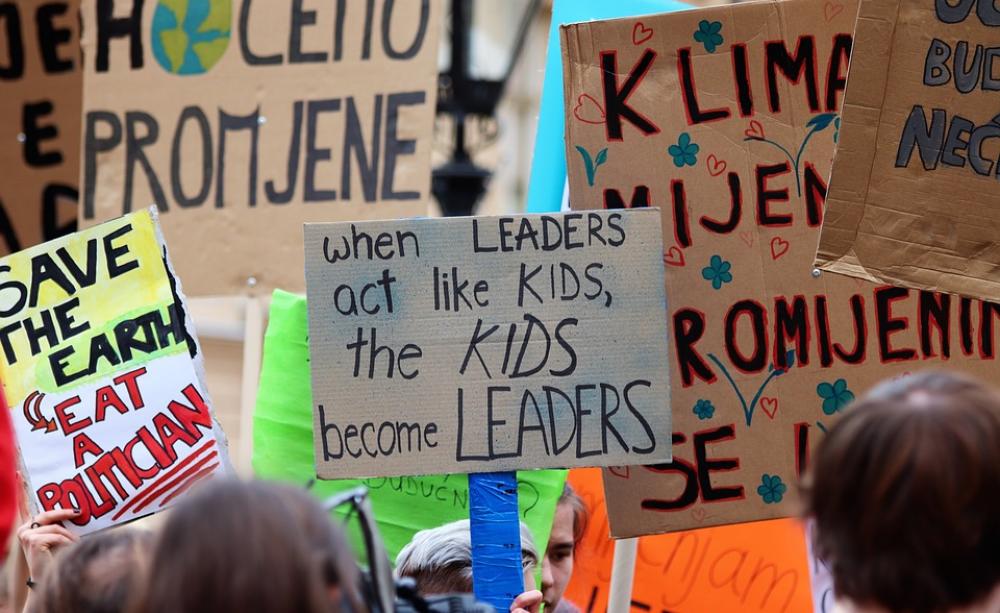In order to facilitate the transition towards a postgrowth or even degrowth economy, further research on alternative ecoomic and social models is utterly important, as we have no working models of non-growing economies at the moment. However, despite the urgency of this matter, progress in this direction is slow. Large amounts of research-funding are directed towards "green growth" and other even less sustainable economic strategies. To provide realistic and truly sustainable alternatives, we have to answer many pressing questions about the viability of non-growing economies. This will not be possible without further research and experiments. For more information and details, please watch this inspiring 15-Minutes TED-Talk by ecological economist Miklos Antal. If you agree with his arguments, please sign and share this petition.

School climate strikers in Edinburgh demanded unity and action. My decision to attend and support the Edinburgh School Strike, like my arrival, was late. As I left Waverley Station I listened intently for the sound of protest but the city gave up only its regular sounds; the beat and grind of petrol and diesel engines busy pumping out their invisible death, the whoosh of air b...

A review of Giorgos Kallis’ new book Although the number of publications about degrowth has been exploding in the last decade – with hundreds of articles as well as dozens of edited volumes and special issues already published – until now there had not been a single academic monograph systematically outlining what degrowth is all about. Of course, the broad contours of the concept of degrowth...

The topic of population growth is often omitted from any debate regarding environmental impact in all academic circles ranging from classical to heterodox. While it is undeniable that the global population is increasing and will continue to increase for some time, no serious address towards the seemingly obvious relationship between population growth and environmental degradation is directly di...